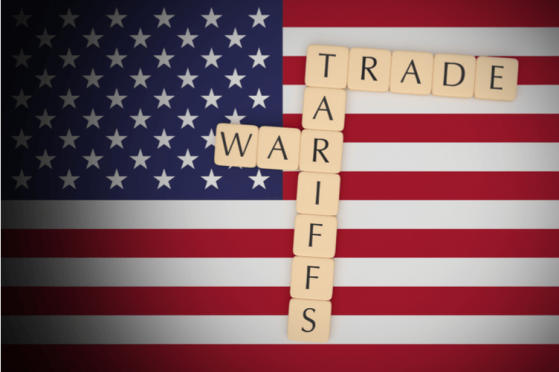The trade war set to erupt after US President Donald Trump unveiled plans for fresh tariffs on China is the single biggest reason G20 leaders were forced to neglect cryptocurrency regulations at their Argentina meeting.
The G20 summit deviated from its original plan to discuss tough regulation for digital currencies, scratching the item off its agenda and scheduling the talk for July, according to Weiss Cryptocurrency Ratings.
Besides a pending trade war, numerous other issues are weighing on G20 representatives. Martin Weiss and Juan Villaverde of Weiss Ratings wrote:
“[S]ooner or later, they're also going to have to deal with the rising tide of a global conflict between East and West … the still-lurking instability of the world financial system … their reliance on an ever-growing pile-up of debt … the woefully undercapitalized banks in Europe … and more.”
In their Tuesday discussion, the G20 states set a July deadline to determine how to regulate cryptocurrencies efficiently.
Argentina central bank chief Frederico Sturzenegger said the members needed additional data to study regulation proposals.
“In July we have to offer very concrete, very specific recommendations on not ‘what do we regulate?’ but ‘what is the data we need?’”
More obstacles
Weiss Ratings listed several obstacles preventing the G20 from dealing with crypto. Digital currencies are borderless, and until nations coordinate properly their regulation, any attempt to curb cryptocurrency growth will be pointless, the article said.
“Fact is, it’s already hard enough for a single government — be it Washington, London, Brussels or Tokyo — to reach consensus on what to do about cryptos. It will be even more difficult for the global community to come together,” the writing tandem noted.
An example is China, which banned cryptocurrencies in September 2017, but that failed to produce the desired effect. Business moved offshore, and even large Chinese exchanges packed their bags and headed to friendlier jurisdictions.
Even a coordinated effort among major nations will not be enough to stop cryptos, the article added. This is because countries outside the elite G7 and G20 groups are more accommodating to digital currencies. The leading nations will only be left out while the rest of the world adopts the new economy.
Weiss and Villaverde also pointed out that “crypto is much more than money. It’s science and technology.” There is simply no way a central authority can control the progress of technology and science.
Even the term cryptocurrency is a misnomer, they said. A more appropriate description would be “distributed ledger technology” because the databases are shared across borders among various institutions and multiple players.
Lastly, it is difficult to predict how the digital asset space will play out.
While some governments want to dismiss cryptocurrencies as a speculative bubble, they could be turning away from a technology that is evolving right before their eyes. On the other hand, some regimes are very receptive to the idea and want to cooperate, mold, and adopt the growing trend.
“The majority are somewhere in the middle. They are beginning to recognize the potential of Distributed Ledger Technology. But they choose a cautious ‘wait-and-see’ approach, while they try to get their bearings and figure out how this technology may impact society. That’s the unspoken reason the G-20 punted and deferred,” the article said.
This article appeared first on Cryptovest
